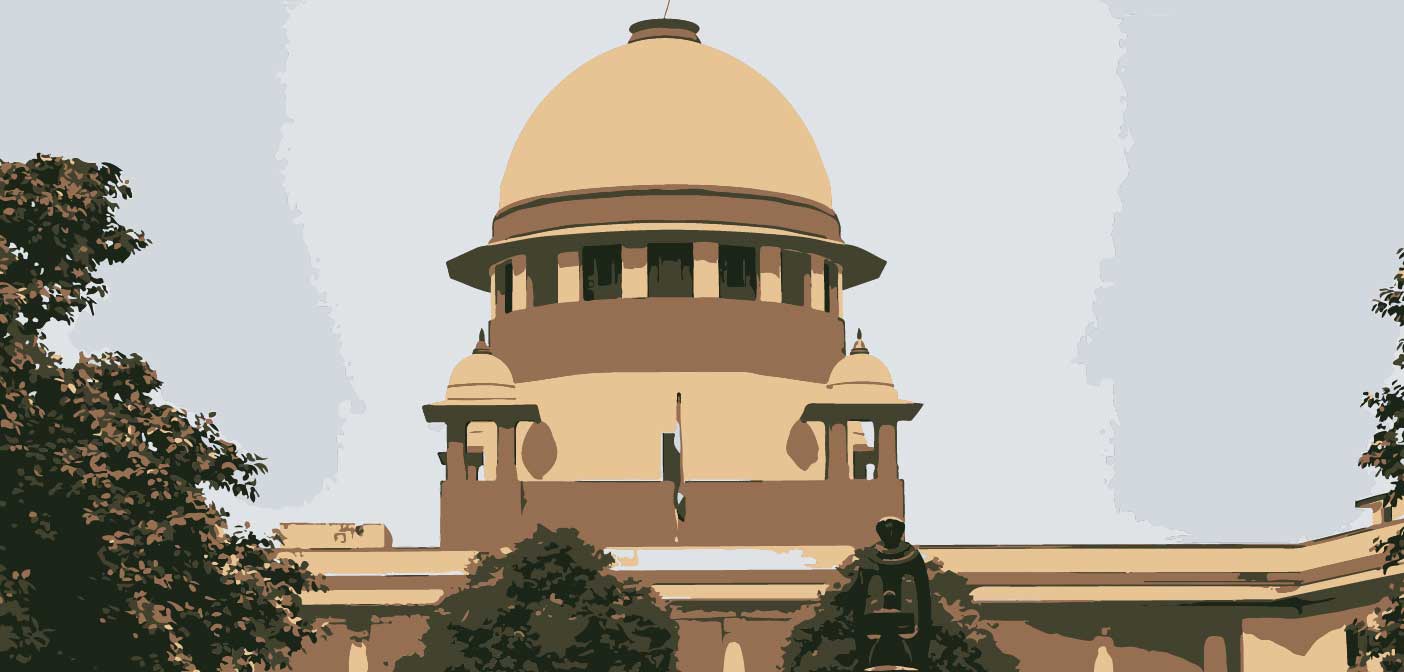
What do a 22-year-old climate activist, a journalist reporting on a gang rape case and a politician supporting a farmers’ protest have in common? They have all recently been charged with sedition as part of Prime Minister Narendra Modi’s government’s wider crackdown on free speech targeting journalists, leaders of the opposition, protestors, students and even inconspicuous civilians. One part of this crackdown is the newly introduced and controversial Information Technology Rules, 2021 that drastically alter India’s intermediary liability framework and provide for the imposition of individual criminal liability on tech executives. This has raised a storm between Twitter, WhatsApp and the Union government. However, the much older Section 124A of the Indian Penal code, which criminalizes sedition and gives police the power to arrest without a warrant, is one of the most acute threats to both online and offline speech in India. With the Indian Supreme Court now about to determine the constitutionality of Section 124A, the stakes could not be higher for the future of free speech in the world´s largest democracy.
Read the full piece at Lawfare by Jacob Mchangama and Raghav Mendiratta


